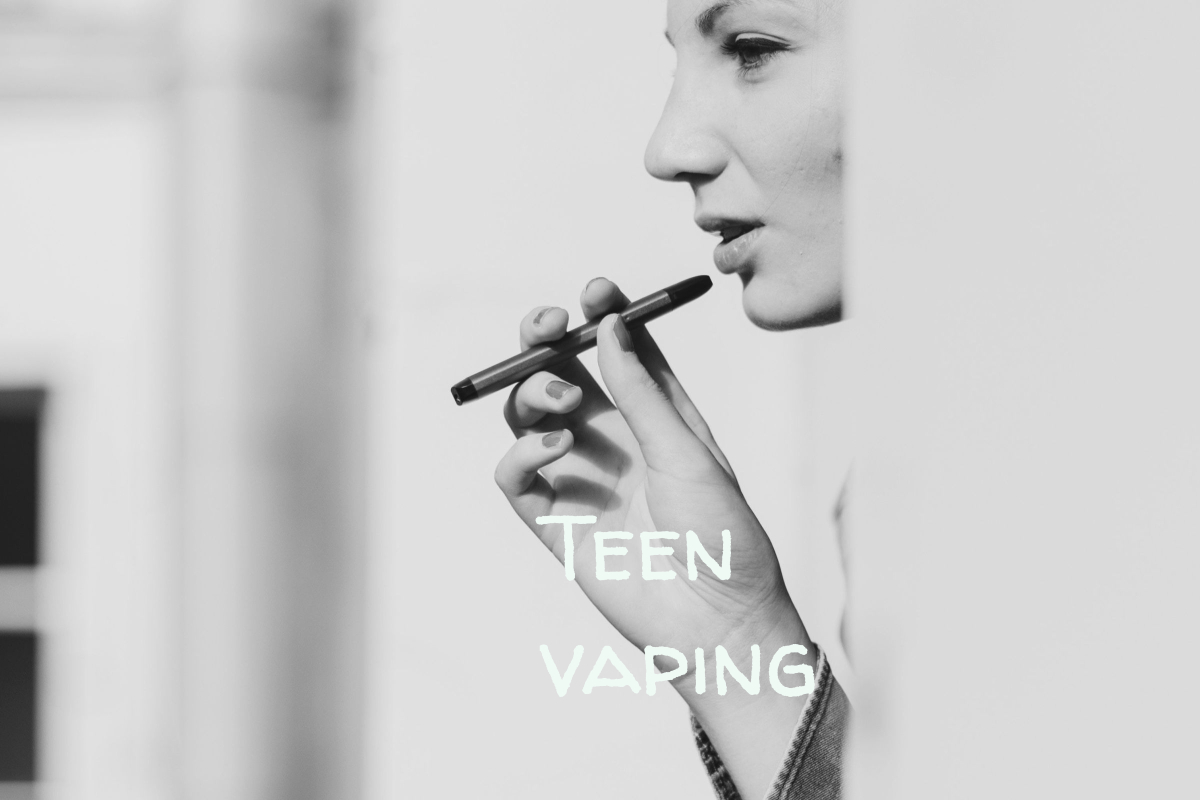In a major move to settle allegations of marketing violations, electronic cigarette company JUUL has agreed to pay nearly $439 million. The deal, which comes after a two-year investigation by more than 30 states, was announced by General William Tong, Connecticut Attorney General, who launched the probe with Puerto Rico in 2020.
The Federal Trade Commission (FTC) requires JUUL to halt all advertising aimed at minors and to make significant changes in how it markets its products. This is just the latest development in the ongoing controversy over e-cigarettes and their health risks.
General William Tong, Connecticut Attorney General, announced the deal, which JUUL will pay in six to ten years. Since its launch in 2015, JUUL has grown into a multibillion-dollar company with over 75% of the e-cigarette market share. Students’ use of e-cigarettes has increased dramatically over the years, causing public health officials to raise alarms. The FDA has called youth vaping an “epidemic.”
JUUL began its retreat in July 2019 when it stopped selling most of its flavored products in stores. The company also suspended all broadcast, print, and digital product advertising in the U.S. The company has said its mission is to “improve the lives of adult smokers by providing them with a true alternative to combustible cigarettes.”
Public schools in Polk County, Florida, are suing JUUL Labs, claiming the company’s marketing practices deliberately targeted children and led to a “vaping crisis” in schools. The lawsuit seeks unspecified damages and a ban on JUUL’s marketing in the county. Florida Health officials have reported that almost 22% of high school students in the state use e-cigarettes.
Several school board members and the Polk County Public Schools Superintendent said they were “pleased” with the lawsuit. The lawsuit accuses JUUL of using misleading marketing practices and violating Florida’s Deceptive and Unfair Trade Practices Act.
The lawsuit alleges that JUUL’s “aggressive and pervasive” marketing campaign led to a high addiction rate among young people and created a new generation of nicotine users. The first case in the lawsuit is set for trial in November 2022. It will be interesting to see how this case plays out and if more states decide to sue JUUL.
In recent years, lawsuits have become a common way for state and local governments to pressure companies to change their marketing practices. In 2020, the state of Massachusetts sued JUUL, alleging the company used deceptive marketing practices to target minors.


